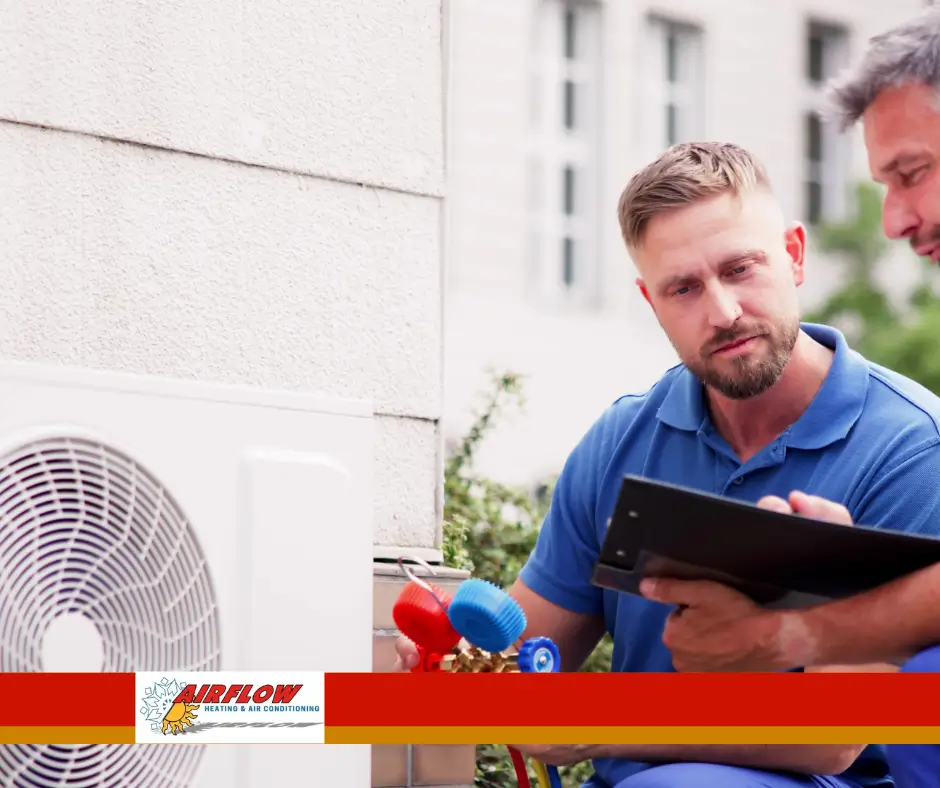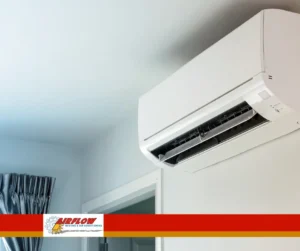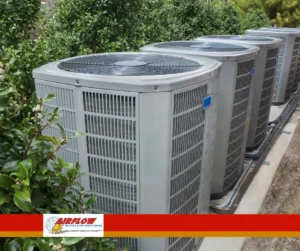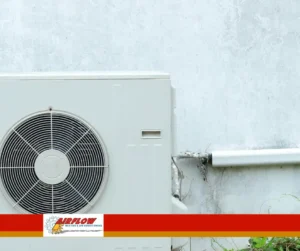Every business—whether a boutique in a single room or a multi-floor corporate office—depends on a comfortable indoor environment. When temperatures rise, having the right air conditioning system in place is essential not just for comfort, but for employee productivity, customer experience, and operational efficiency. But how do you choose the right unit for your space?
This guide breaks down the key considerations for selecting the ideal system for your business and explains why professional air conditioning installation is critical for both small and large commercial spaces.
Understanding Business Size and Cooling Requirements
The first step in choosing an AC unit is evaluating your business’s size and layout. A small business may only need a single-zone solution, while larger businesses often require advanced HVAC systems with multiple zones and high-capacity cooling.
- Small businesses: coffee shops, studios, retail stores, clinics, or small offices.
- Large businesses: warehouses, restaurants, hotels, multi-floor office buildings, or educational facilities.
Your building’s square footage, occupancy rate, insulation, and number of windows will all influence your air conditioning installation needs.
Best AC Options for Small Businesses
Small business owners benefit from flexibility, cost-efficiency, and compact design. Here are some ideal solutions:
1. Ductless Mini-Split Systems
Perfect for smaller spaces or buildings without ductwork. Each indoor unit can be independently controlled, providing targeted cooling for specific rooms.
2. Packaged Terminal Air Conditioners (PTAC)
Common in hotels and medical offices, these are self-contained systems ideal for individual rooms or zones.
3. Wall-Mounted or Window Units
Affordable and easy to install, these are suitable for micro-offices or retail spaces under 500 sq. ft.
Sub-keywords: small business air conditioning, ductless AC, energy-efficient cooling.
Best AC Solutions for Large Businesses
Larger businesses need powerful systems capable of cooling extensive areas. They often require zoning, rooftop placement, and integration with building automation systems (BAS).
1. Central HVAC Systems
Best for buildings with existing ductwork. These systems use air handlers and ducting to cool large spaces consistently.
2. Rooftop Units (RTUs)
Commercial-grade packaged systems that sit on rooftops and are modular, scalable, and ideal for open or multi-floor layouts.
3. Variable Refrigerant Flow (VRF) Systems
Highly efficient and perfect for zoning. VRF systems adjust refrigerant flow based on real-time demand, making them great for buildings with fluctuating occupancy.
Sub-keywords: commercial HVAC, rooftop AC installation, VRF systems, multi-zone cooling.
Key Features to Look For in Any AC System
No matter your business size, here are some essential features to prioritize:
- Energy Efficiency: Choose systems with high SEER or EER ratings and ENERGY STAR® certification.
- Zoning Capabilities: Allows for better temperature control in different parts of the building.
- Smart Thermostats: Improves energy use and offers remote access and scheduling.
- Quiet Operation: Especially important in customer-facing or professional settings.
These features enhance comfort while minimizing operational costs—a win-win for any business.
The Importance of Professional Air Conditioning Installation
Proper air conditioning installation is critical to ensure your system operates efficiently and safely. A licensed technician will calculate load requirements, assess ventilation, and ensure optimal airflow and duct performance.
Incorrect installation can lead to short cycling, poor temperature control, and higher energy bills. Whether you’re installing a split system in a salon or a central unit in a distribution center, hiring a certified HVAC contractor ensures long-term reliability.
Maintenance Matters Too
Routine maintenance helps prevent breakdowns and keeps your unit operating at peak efficiency. Many HVAC providers offer maintenance contracts that include:
- Seasonal tune-ups
- Filter changes
- Refrigerant level checks
- System diagnostics and cleaning
For large businesses, preventive care can also reduce downtime and ensure compliance with building codes and warranties.
Conclusion: Smart Cooling Starts with the Right Choice
Choosing the best air conditioning unit for your business depends on your space, usage patterns, and long-term goals. Whether you operate a small boutique or manage a large facility, efficient and properly installed air conditioning systems are key to comfort and savings.
Consult with a local HVAC expert for a professional assessment, and invest in an air conditioning installation solution that supports your business now and as it grows.
READ MORE:





